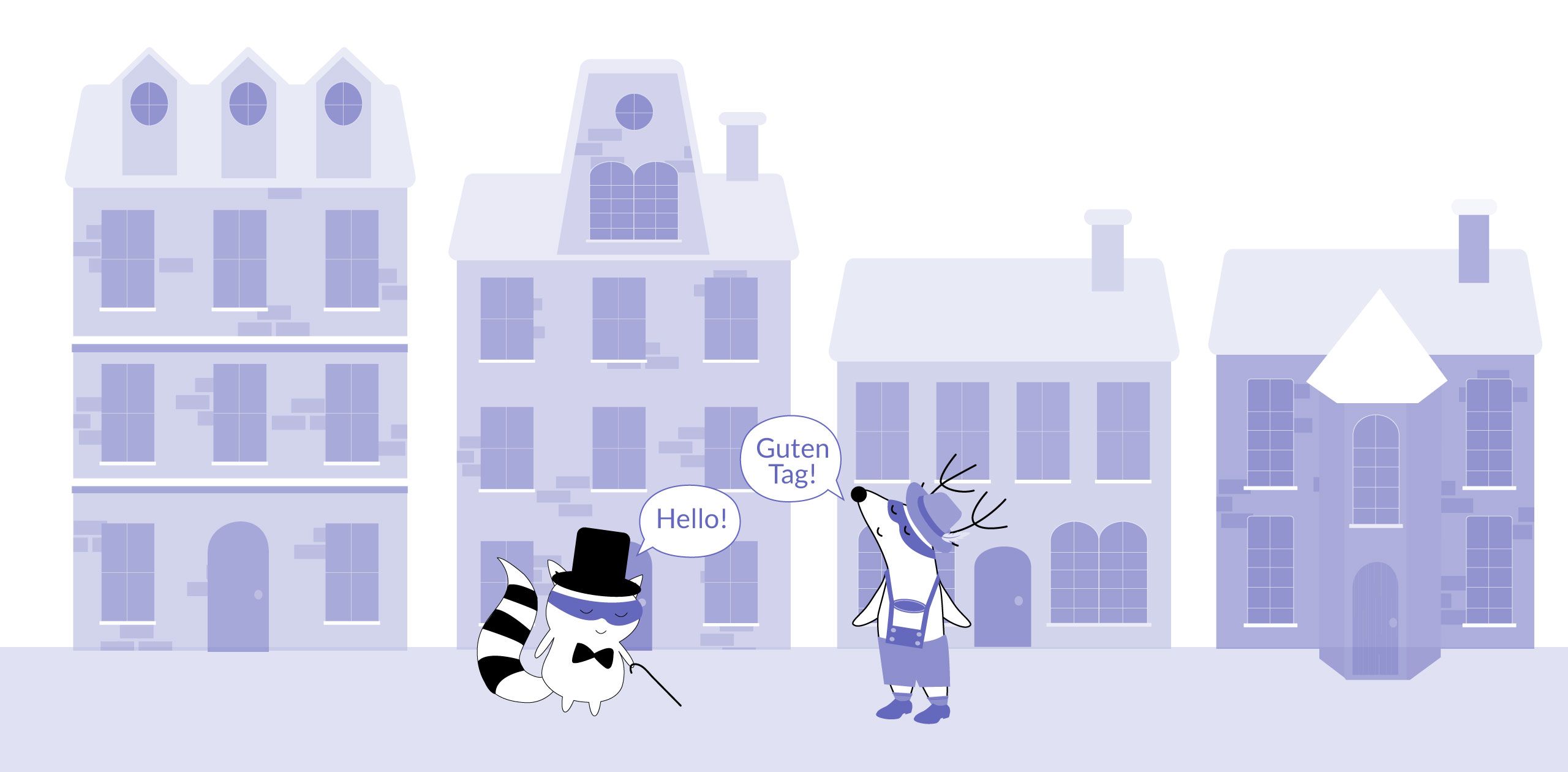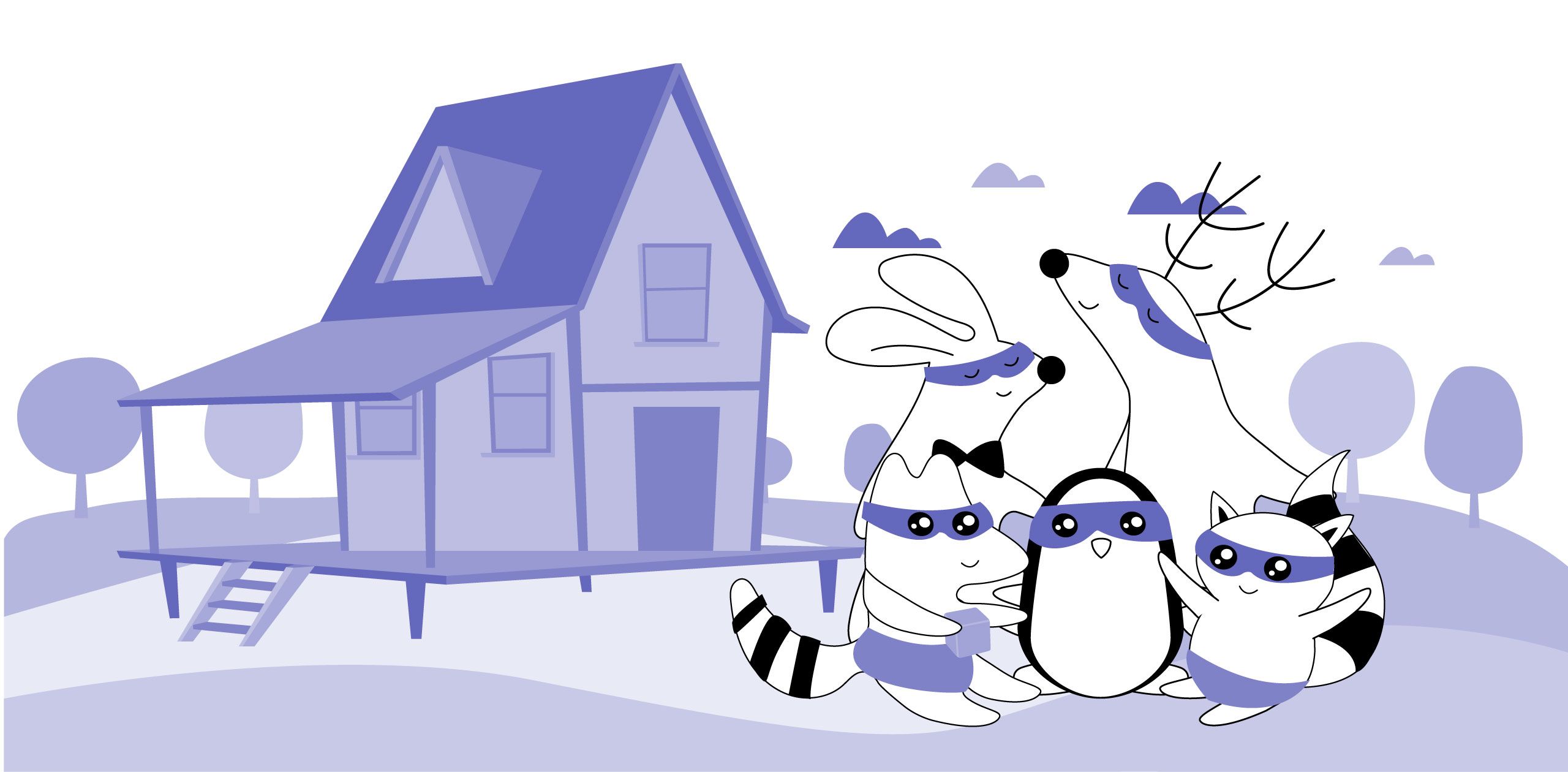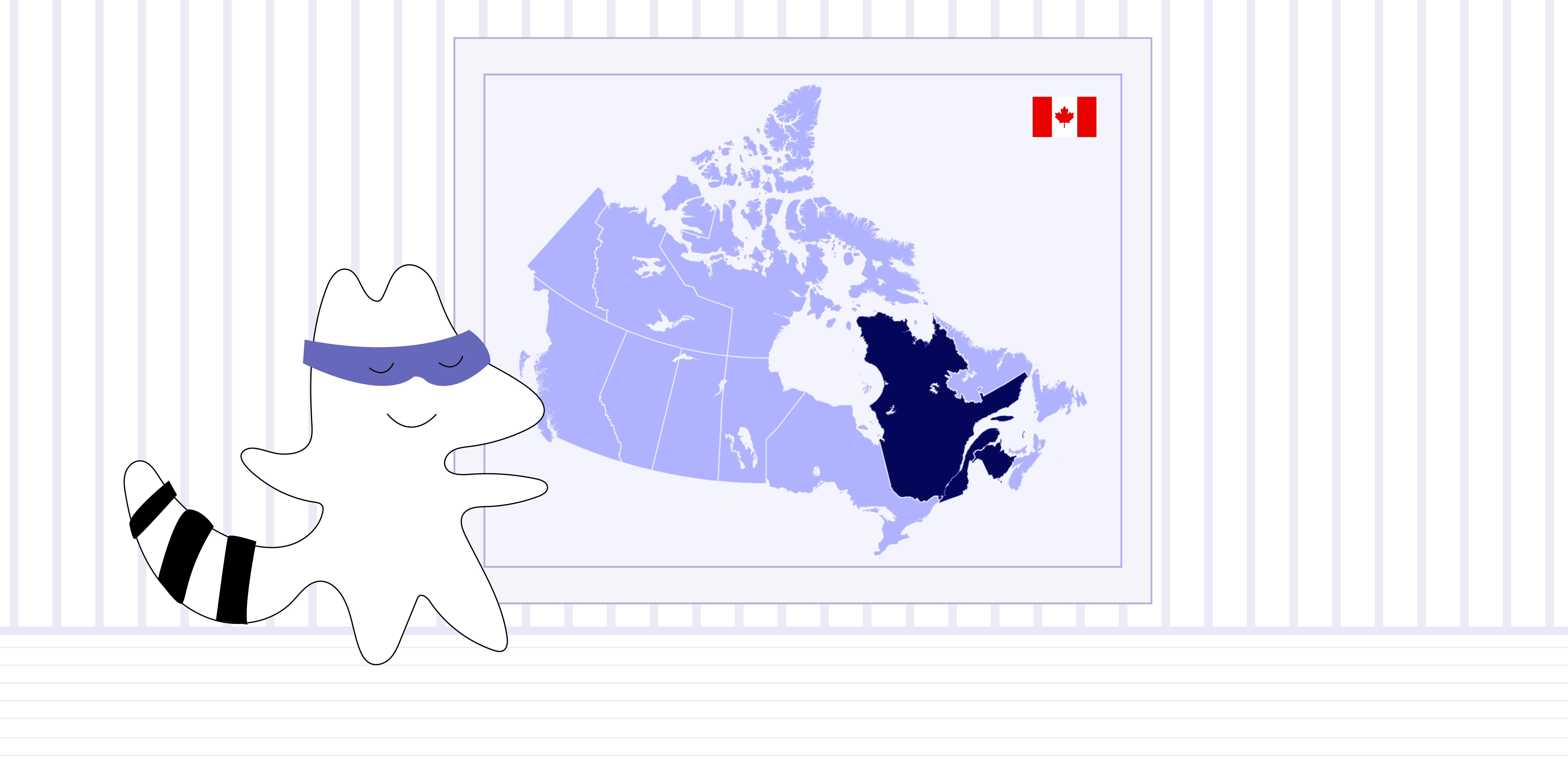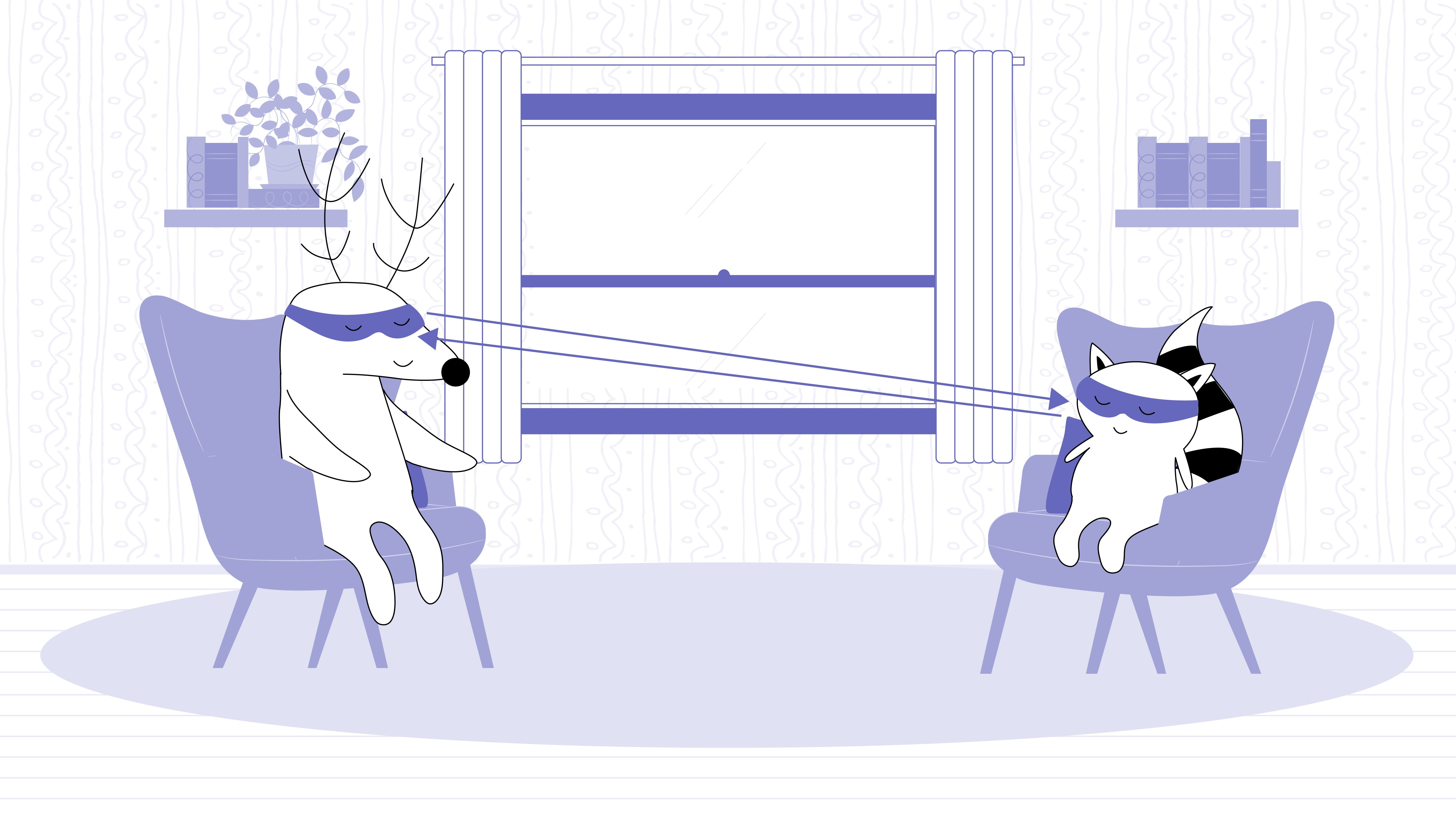
In France, politesse — politeness — is not just an afterthought; it's a way of life, deeply ingrained in the culture. The French take pride in their language and its nuanced expressions.
Whether you're a tourist or expat, mastering the art of saying “please” in French can go a long way in ensuring your interactions are smooth, respectful, and enjoyable.
Saying “please” in French isn't as simple as translating the word. There are a variety of expressions and phrases to choose from, depending on the context and level of formality.
Below, we'll explore the different ways to say “please” in French and provide tips on pronunciation and usage. Read on!
Learn French with Langster
A Basic Phrase: S'il vous plaît
In French, there are two main ways to say “please”:
S'il vous plaît
Used for formal situations or when addressing a group of people. This phrase is pronounced as "seel voo play." Make sure to pronounce the "s" sound softly and link it with the next syllable.
For example, if you are ordering a croissant at a bakery, you might say:
French
English
Un croissant, s'il vous plaît.
A croissant, please.
S'il te plaît
Used for informal situations or when speaking with friends, family members, or younger individuals. You can also use this French phrase when speaking with someone you know well or who is younger than you. This informal version indicates familiarity while still maintaining politeness and is pronounced as "seel tuh play."
For instance, when you're asking your friend to pass the remote control, you could say:
French
English
Passe-moi la télécommande, s'il te plaît.
Hand me the remote, please.
These two French phrases are essential in demonstrating politeness and respect when making a request or asking for a favor. The literal translation of both comes from the verb plaire, which means "to please."
Understanding when to use each phrase is crucial for navigating social interactions in French-speaking countries.
Other Ways to Say “Please” in French
As you delve deeper into the French language, you'll discover that s'il vous plaît is just the tip of the iceberg when it comes to saying please. In fact, there are a rich variety of expressions and phrases that can be used in different contexts and levels of formality.
In this section, we explore other ways to say please in French, providing you with practical examples and guidance on when and how to use these expressions.
Veuillez
This expression is derived from the verb vouloir (to want) and is used in its imperative form with the second-person plural pronoun vous.
Often found in formal language, Veuillez translates to "kindly" or "would you please" and is typically followed by an infinitive verb to convey a polite request.
For instance, you might come across this phrase on signs, such as:
French
English
Veuillez attendre ici.
Please wait here.
Veuillez patienter.
Please wait patiently.
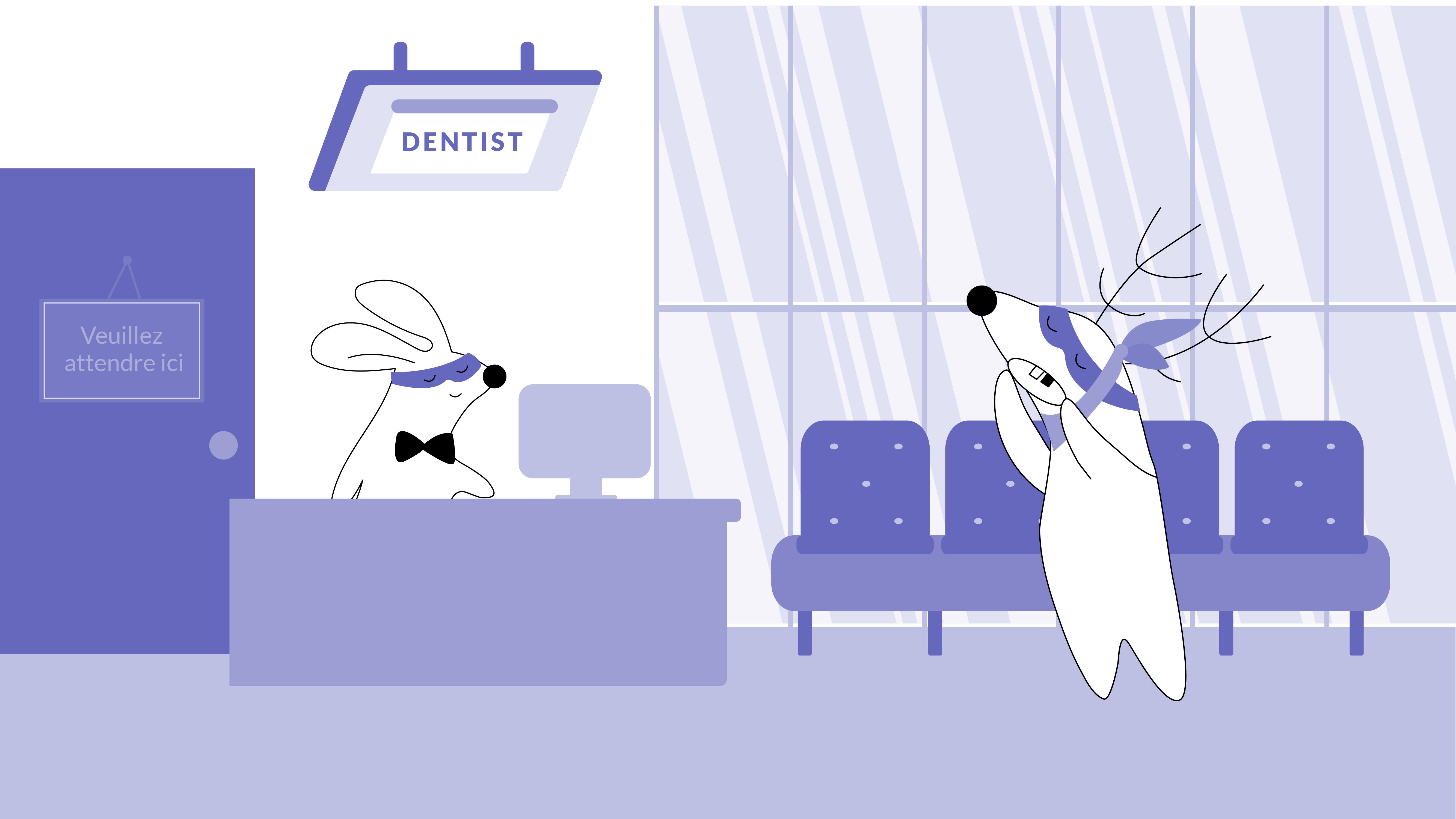
Merci de
Another elegant way to express “please” in French is by using the phrase Merci de. Particularly suitable for formal situations, this expression is often used when giving a polite command or request.
It translates to "thank you for" and can be followed by a verb in the infinitive form.
French
English
Merci de fermer la porte.
Please, close the door.
You might also encounter this phrase on websites or surveys, such as:
French
English
Merci de commenter.
Please comment.
Prière
For a more refined approach to saying please in French, consider using Prière. This polite yet less common expression, often found in formal contexts, translates to "prayer" but carries the meaning of "I kindly ask" when used in requests.
The grammatical construction involves pairing Prière with an infinitive verb: Prière de + infinitive. For example:
French
English
Prière de ne pas toucher.
Please, do not touch.
Je vous en prie
Je vous en prie is often used to convey "you're welcome" or "it's my pleasure," like this:
French
English
Je vous en prie.
Please, go ahead.
However, it can also serve as a polite way of saying “please,” especially in formal letter writing.
The literal translation of this phrase is "I beg of thee." To use it for expressing “please,” you can follow it with de + an infinitive verb.
For example:
French
English
Je vous en prie de trouver ci-joint.
Please see attached.
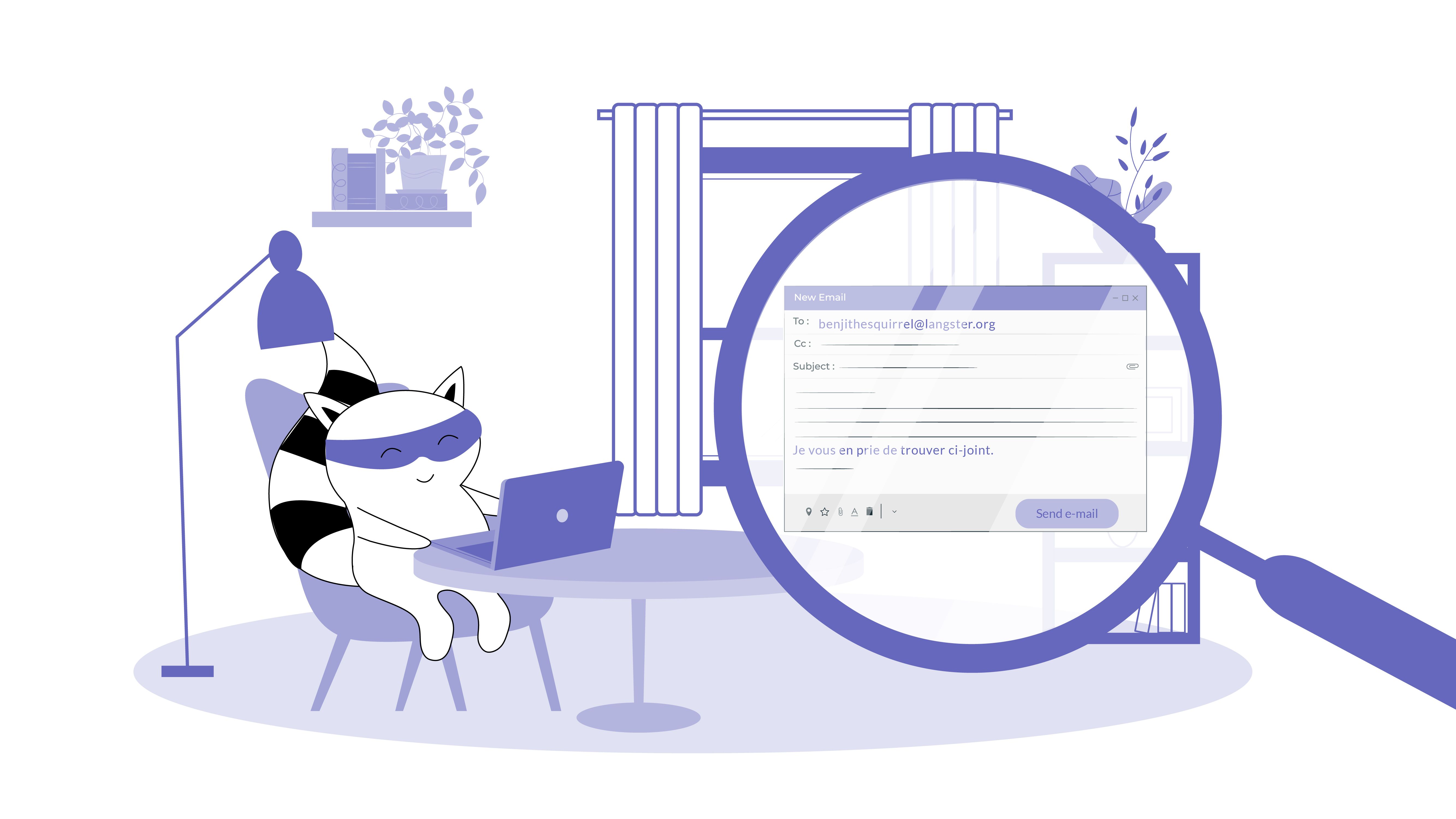
Vous êtes priés
This is another formal expression containing the word vous, often used in written communication or on signs. It literally translates to "you are kindly requested."
Vous êtes priés is often used in written communication or on signs, with the grammatical structure being: Vous êtes priés de + infinitive.
For example, you might see a sign in a hotel that says:
French
English
Vous êtes priés de fermer la porte avant de partir.
Please close the door before leaving.
Vous êtes priés de ne pas stationner ici.
You are kindly requested not to park here.
Oh, c’est bon
When expressing indignation, you can use the interjection Oh, c'est bon! to mean "Please!" in French.
For instance:
French
English
Oh, c'est bon! J'en ai assez de cette situation!
Please! I've had enough of this situation!
Other expressions with similar meanings include:
French
English
Ça suffit!
That's enough!
Non mais arrête!
No but stop!
Voudriez-vous & Pourriez vous
These phrases are polite ways to ask for a favor or make a request. While Voudriez-vous and pourriez-vous don't directly translate to “please,” they can be used alongside “please” to make polite requests.
Voudriez-vous means "would you" and comes from the verb vouloir, while pourriez-vous means "could you" and comes from the verb pouvoir.
Here are a couple of examples:
| Voudriez-vous me passer le sel? | Could you pass me the salt? |
| Voudriez-vous m'aider, s'il vous plaît? | Would you help me, please? |
| Pourriez-vous m'aider, s'il vous plaît? | Could you help me, please? |
| Voudriez-vous me passer le sel? | Could you pass me the salt? |
| Voudriez-vous m'aider, s'il vous plaît? | Would you help me, please? |
| Pourriez-vous m'aider, s'il vous plaît? | Could you help me, please? |
Additional Tips for Practicing Politeness in French
In this section, we will provide additional tips that will help you further elevate your French language skills.
How to Say “Yes, Please” in French?
When offered something in French, there are three main ways to respond with "yes, please," each showcasing a high level of respect and politeness.
For instance, if someone asks, Voulez-vous un biscuit? (Would you like a cookie?), you can reply with any of the following options:
| Oui, volontiers! | Yes, please! | Literal translation: Yes, gladly! |
| Oui, avec plaisir! | Yes, please! | Literal translation: Yes, with pleasure! |
| Oui, merci! | Yes, please! | Literal translation: Yes, thank you! |
| Oui, volontiers! | Yes, please! | Literal translation: Yes, gladly! |
| Oui, avec plaisir! | Yes, please! | Literal translation: Yes, with pleasure! |
| Oui, merci! | Yes, please! | Literal translation: Yes, thank you! |
Useful French Phrases with the Word "Please"
To help you navigate various social situations and conversations, here is a list of useful French phrases containing the word "please," along with their English translations and audio to help you pick up proper pronunciation:
French
English
Un moment s'il vous plaît.
One moment, please.
Je vous en prie.
Go ahead.
Comme vous voulez.
As you please.
Oui, avec plaisir.
Yes, please.
Aidez-moi, s'il vous plaît!
Help me, please!
Répète s'il te plaît.
Repeat, please.
Bon appétit!
Please enjoy! (for meals)
L'addition, s'il vous plaît.
The bill, please.
These phrases will not only help you sound more polite and respectful but also contribute to a smoother communication experience with French speakers as you engage in everyday interactions.
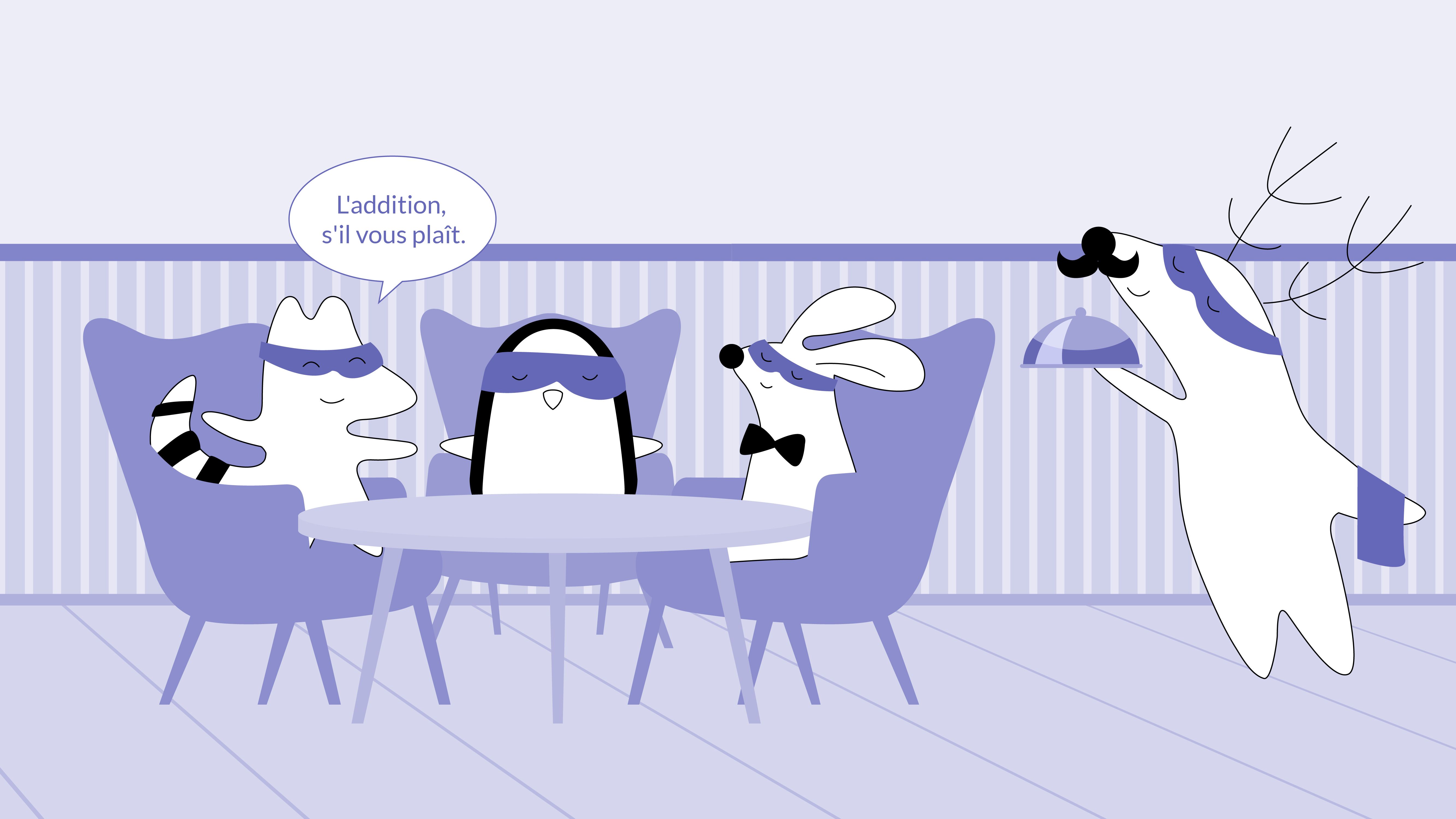
The Importance of Tone and Body Language
In addition to using the right words, your tone and body language also play a crucial role in conveying politeness. These nonverbal cues can significantly impact how your message is perceived and help create a friendly, respectful atmosphere during your interactions.
Here are some quick, practical tips for effectively conveying politeness through tone and body language:
- speak clearly,
- use a moderate pace,
- maintain eye contact,
- mind your facial expressions,
- pay attention to personal space,
- be aware of cultural differences.
This awareness, combined with your growing vocabulary of polite phrases, will significantly improve the quality of your communication and help you build more meaningful connections.
The Bottom Line

Mastering the art of saying “please” in French is essential for navigating social interactions and making a good impression. Familiarize yourself with the different expressions and phrases outlined in this article, and practice using them in various contexts.
Remember, practice makes perfect! As you continue to engage in French conversations, don't hesitate to incorporate these polite expressions into your speech.
The more you practice, the more comfortable and natural you'll become in using them — and the more at ease you'll feel navigating French culture.
Learn French with Langster







